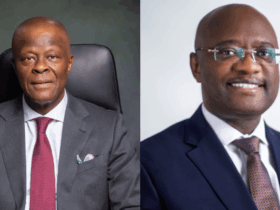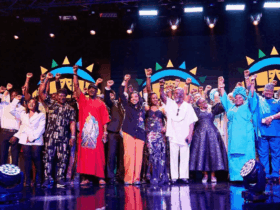Ivory Coast Heads to Polls Amid Heightened Tensions and Heavy Security Presence

Ivory Coast is holding a crucial presidential election today amid heightened tensions that will challenge both the resilience of its democratic institutions and the endurance of its population. Security forces have been extensively deployed, with approximately 44,000 personnel stationed across the country to prevent a recurrence of the violent disruptions that marred previous elections.
Recent weeks have already seen outbreaks of unrest. Authorities have reported three fatalities and detained over 700 individuals following attempts by opposition groups to organize protests. About 30 people have received three-year prison sentences for causing public disturbances. Government officials emphasize their commitment to avoiding the deadly clashes that claimed 85 lives during the 2020 election cycle.
Ivory Coast’s electoral history is marked by significant turmoil. The 2010 presidential race ended in a crisis that led to widespread violence, resulting in more than 3,000 deaths between supporters of Alassane Ouattara and former president Laurent Gbagbo, who had governed for ten years prior.
With a population of roughly 32 million, nearly 8.7 million Ivorians are registered voters. Despite the country’s reputation as one of West Africa’s most vibrant economies, voter participation has been relatively low, with only 53% turnout recorded in the last election. To win outright, a candidate must secure over 50% of the votes; otherwise, a runoff will be held.
Incumbent President Ouattara, aged 83, seeks another term and is widely regarded as the frontrunner. He faces four challengers, most of whom are political outsiders. Among them is Simone Gbagbo, 76, the former first lady, who is mounting her own campaign. Henriette Lagou, 66, is a seasoned advocate for women’s rights. Jean Louis Billon, 60, a businessman and commerce minister, is the youngest contender. Ahoua Don Mello, 67, a civil engineer and ex-minister, is running independently.
Ouattara positions himself as the protector of national security and economic development amid growing instability in the region. Ivory Coast remains a leading global cocoa producer and boasts one of Africa’s fastest-growing economies, yet many citizens feel excluded from these gains.
The government’s economic strategy has heavily depended on support from the International Monetary Fund, resulting in a debt exceeding four billion dollars, making Ivory Coast one of the IMF’s most indebted clients. Poverty persists as a major challenge, with over 39% of the population living below the national poverty threshold in 2023, according to World Bank data. The wealthiest 20% consume nearly six times more resources than the poorest 20%.
Disparities between urban and rural areas are pronounced. Urban poverty affects about 31% of residents, while in rural regions, more than half of households live in poverty. Access to essential services such as clean water, quality education, and dependable healthcare is significantly worse in the northern parts of the country compared to the more affluent south.
Ivory Coast has endured too many elections overshadowed by violence. Many hope that today’s vote will break this pattern, allowing the democratic process to prevail. The outcome will determine whether the nation continues on a path toward stability or embarks on a new political era.








Leave a Reply